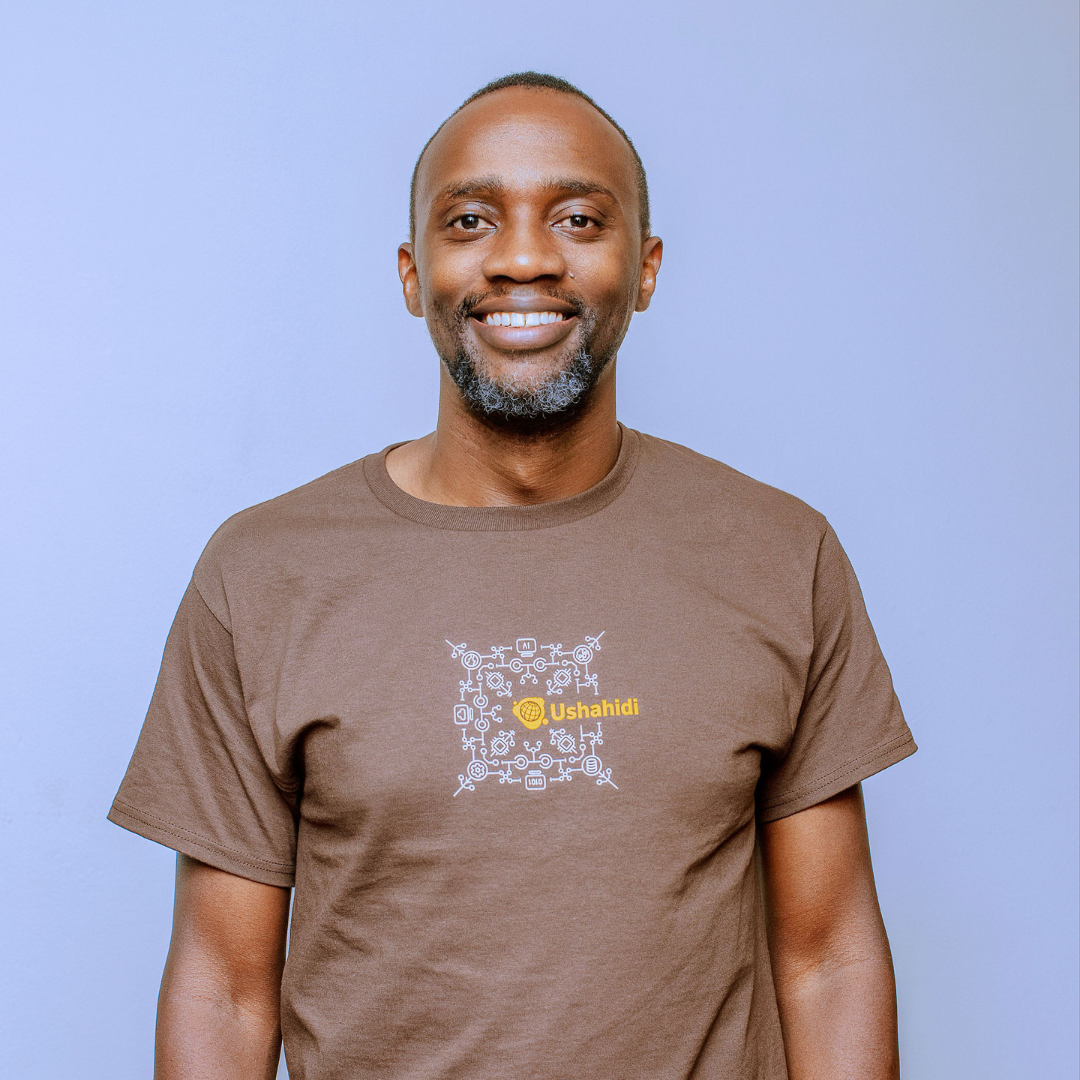From the Frontlines of Truth: Harnessing Citizen-Generated Data to Fight Misinformation

Jul 7, 2023

Earlier this year, I attended the distinguished Nobel Prize Summit in Washington, DC. This remarkable gathering, hosted by the Nobel Foundation and the U.S. National Academy of Sciences, brought together brilliant minds from around the world. With the theme of "Truth, Trust, and Hope," we embarked on a collective mission to address the pressing challenges of combating misinformation, restoring trust in science, and shaping a brighter and hopeful future.
Amidst the intellectual fervour, I had the opportunity to engage in captivating conversations with Nobel Prize laureates, esteemed scientists, researchers, policymakers, and global citizens representing over 70 countries. These discussions unveiled intriguing insights and practical solutions that left an indelible impression.

Nicole Tisdale, Principal, Advocacy Blueprints and former Director, The White House National Security Council, announces the initiatives selected by UNDP and DPGA to showcase their innovative Open Source solutions for Information Integrity.
One key realisation was the potential fallibility of our memories and how they can lead us astray. We also explored the impact of social media platforms and their reward structures, which often fuel the spread of misinformation. It became apparent that a small number of influential accounts hold significant sway in perpetuating falsehoods. Additionally, we delved into the complex role of artificial intelligence, acknowledging its potential to amplify truth and its role in accelerating the spread of misinformation. Amidst these challenges, however, there was an undercurrent of hope—a resounding belief that collective action could lead to meaningful change.
From these thought-provoking discussions, a set of actionable steps emerged. We recognised the importance of prioritising accuracy over popularity when sharing content, leveraging our online and offline networks to amplify reliable information. Embracing artificial intelligence with unbiased data and protecting those who contribute real insights were crucial elements in our fight against misinformation. Open-source solutions also took centre stage, with their emphasis on transparency, accessibility, and collaboration, paving the way for an ecosystem where truth could thrive.

Nobel Laureate Maria Ressa panel leads a panel discussion on “A 10-point plan to address our disinformation crisis”.
As a proud participant, Ushahidi showcased our open-source Platform, a beacon of citizen empowerment, during the summit. Selected through the Digital Public Goods Alliance and UNDP's campaign, our Platform demonstrated its transformative potential in combating misinformation. The Ushahidi Platform plays a vital role in maintaining information integrity, particularly during critical moments like elections and humanitarian disasters. By validating crowdsourced data using criteria such as location and time, we ensure accuracy and enable prompt responses, ultimately saving lives and dispelling falsehoods. Collaborating with partners, Ushahidi verifies urgent information and facilitates prompt responses.
Addressing the challenge of misinformation demands collective effort. Ushahidi's recognition as a Digital Public Good is a significant step forward, and we hope to see more innovative solutions gain similar acknowledgement. Open-source initiatives, such as the eight other solutions that were also highlighted, spanning from fact-checking social media content in local languages to transparently sharing official decision-making acts, hold tremendous potential in reshaping our information landscape. By fostering collaboration and embracing diverse perspectives, we can build a robust ecosystem that combats misinformation and ensures the availability of accurate information.
During the summit, I also had the privilege of attending a compelling UNDP Side event, where youth initiatives working towards a healthier information ecosystem took centre stage. As I listened to the six remarkable speakers from the Global South, I was struck by the common challenges they faced—delegitimization of institutions, unregulated tech giants, low technical literacy, and limited access to digital technologies. Yet, their determination and innovative solutions shone through. Initiatives encompassing education, trusted partnerships, communication in local dialects, and relatable mediums like memes demonstrated the resilience of the youth and their potential to make a lasting impact. My main takeaway was that of hope - we can win the fight against misinformation, especially when we involve and collaborate with players that understand local realities and contexts.

Attending the “Youth initiatives to promote healthy information ecosystems in the Global South” UNDP side event. Speakers included youth from Brazil, Jordan, Honduras, Zambia, North Macedonia, Nepal, South Sudan and Bangladesh
I would like to thank the Digital Public Goods Alliance, UNDP, and the Norwegian government for making our participation in the summit possible. Their unwavering support exemplifies their commitment to fostering Digital Public Goods. I encourage you to explore the transformative initiatives and conversations that emerged from this remarkable event, as they hold the promise of reshaping our information landscape. Together, let us continue to advance towards a future where truth prevails, trust is restored, and accurate information guides us towards a more informed society.